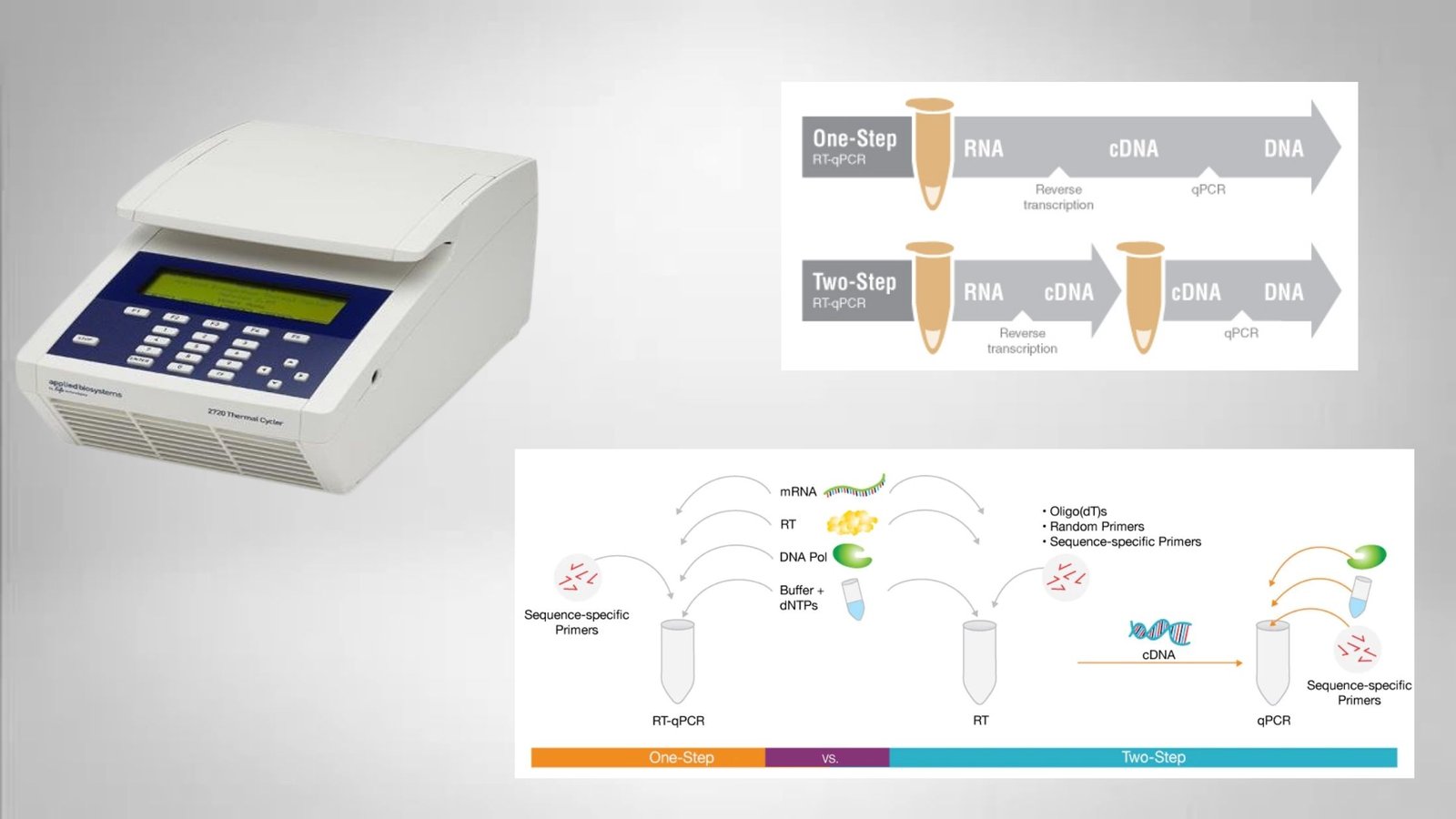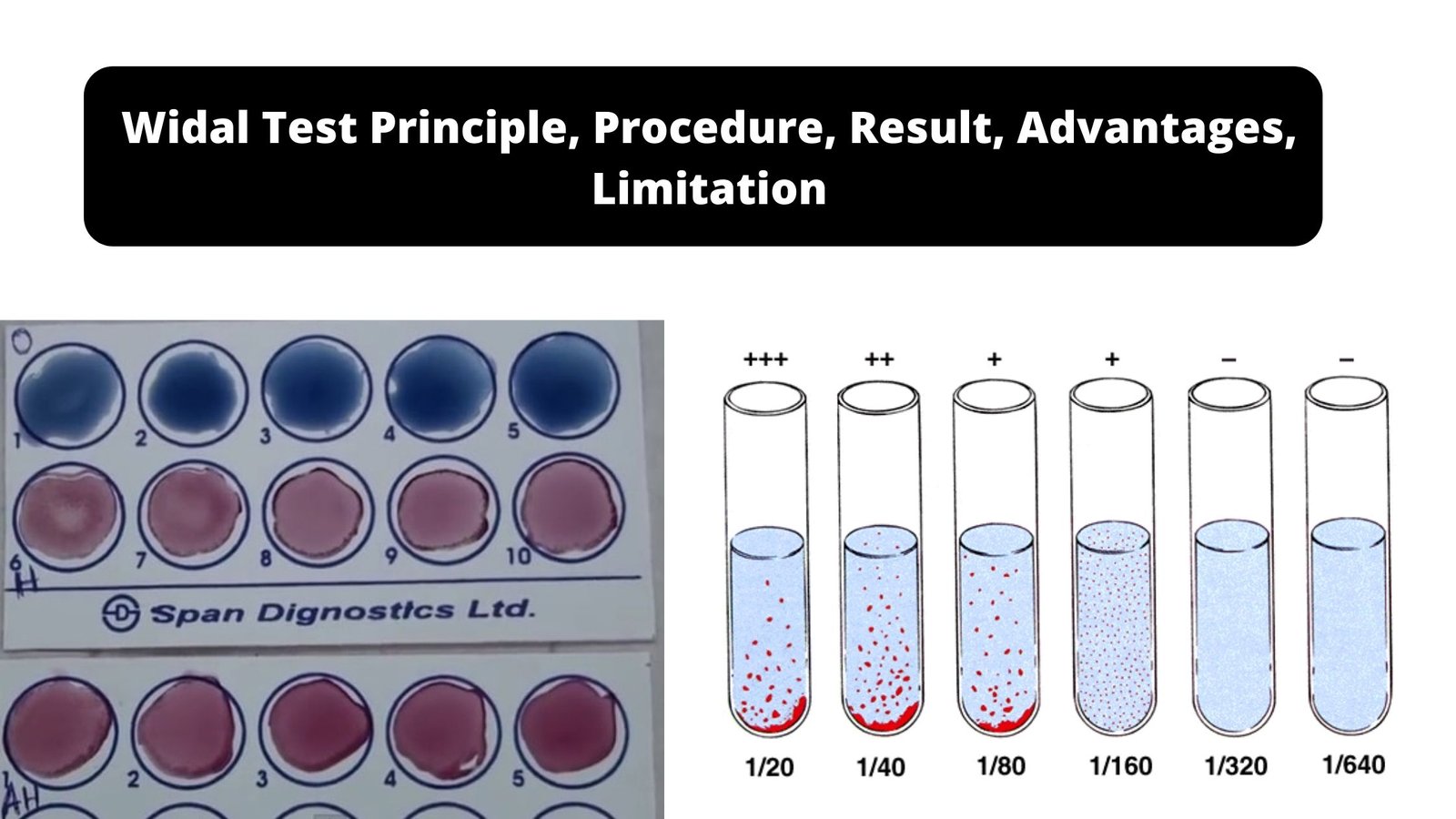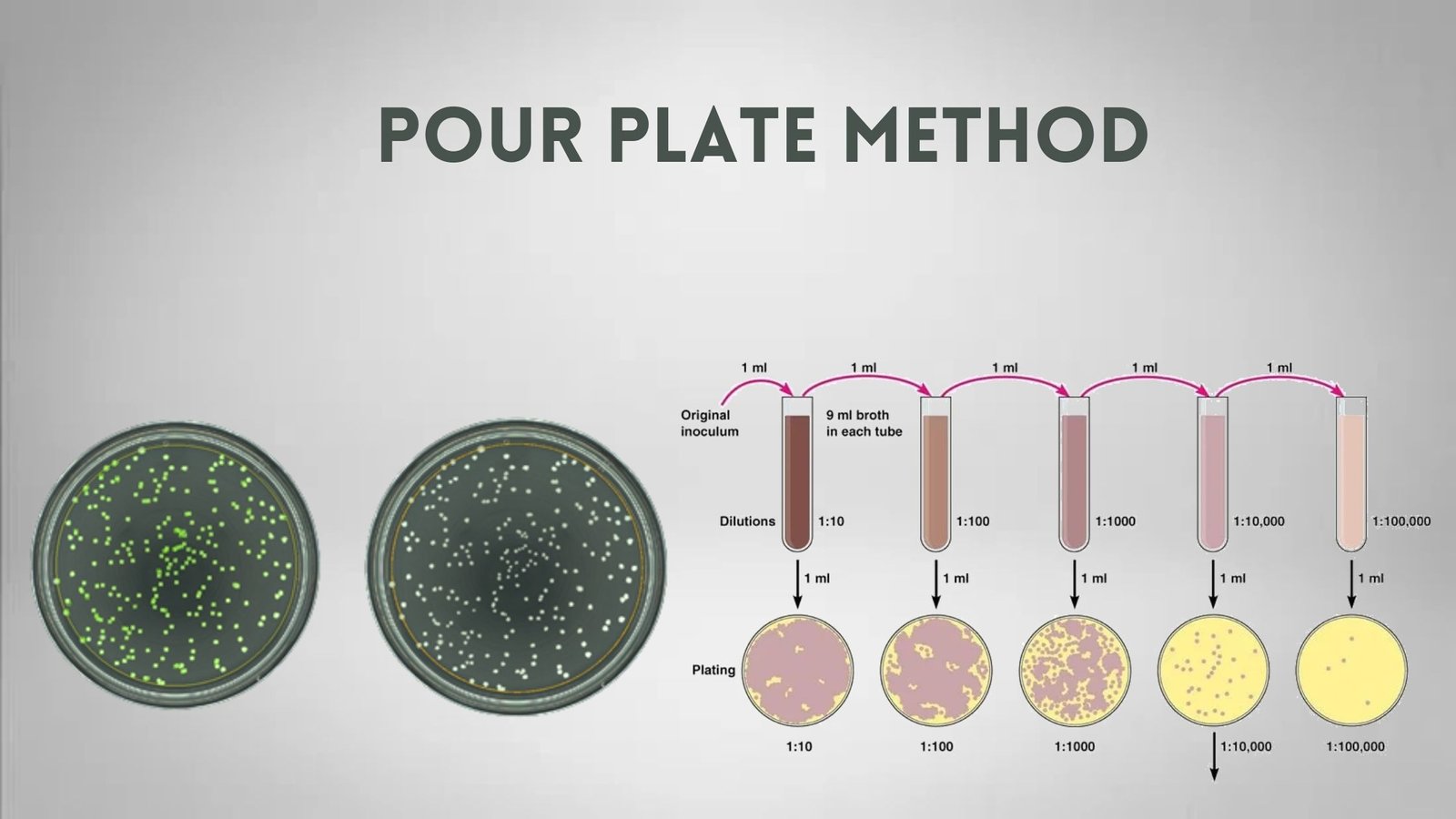Real-Time PCR (qPCR) – Definition, Principle, Protocol, Application, Advantages
A real-time polymerase chain reaction (real-time PCR) is a conventional polymerase chain reaction (PCR) based laboratory technique used in molecular biology for real-time monitoring of the amplification of a targeted DNA molecule during the PCR, not at its end, as the conventional PCR do.


